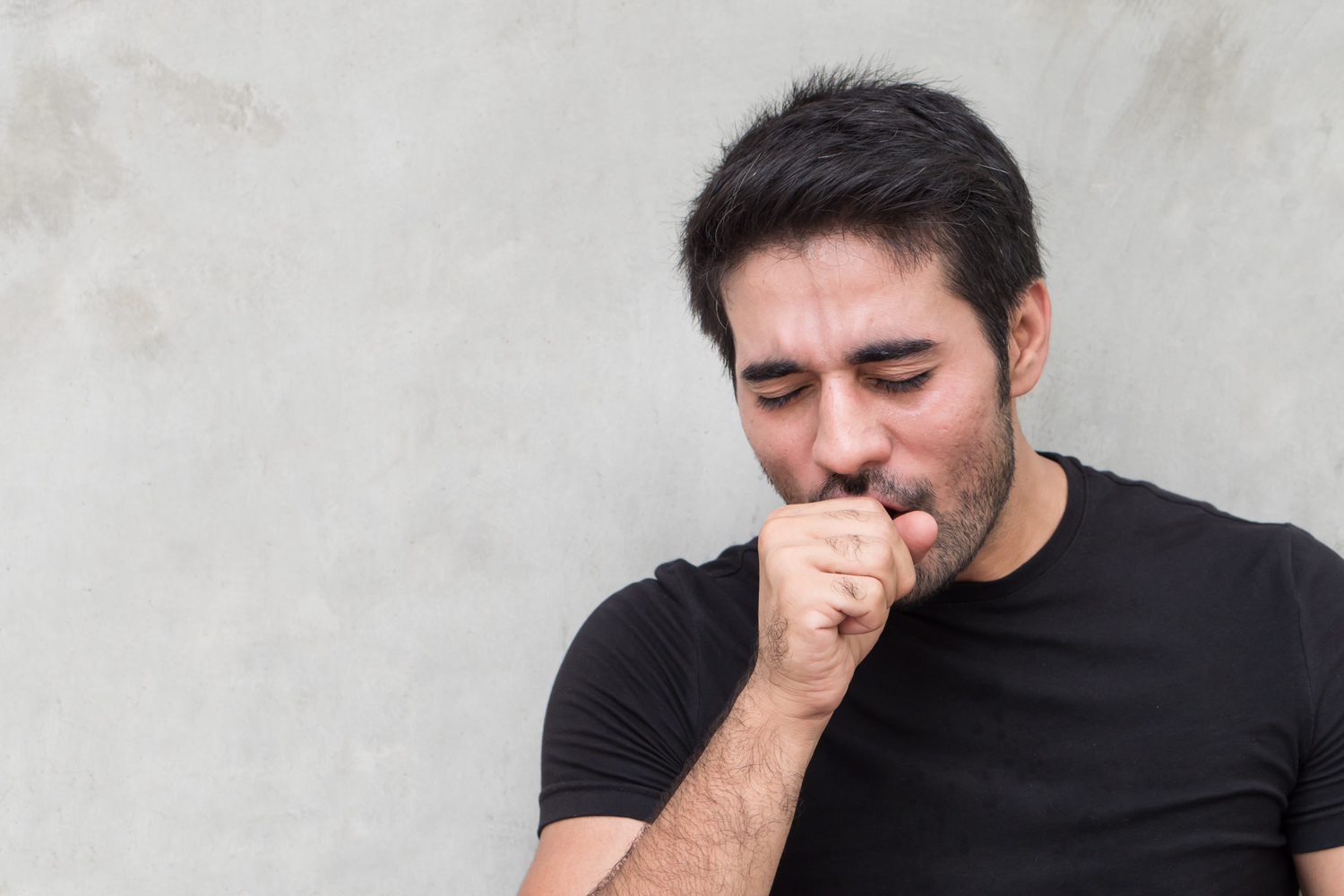
3 Warning Signs of Lung Cancer
Lung cancer is the unrestrained increase of abnormal cells in the lungs. It can occur in one or both lungs. Most cases of lung cancer are the result of smoking; both second-hand and first-hand smokers. Other contributing factors for lung cancer include exposure to radiation or radiation therapy, contact with carcinogens, and a family history of lung cancer. Once a diagnosis is received, your doctor will likely prescribe medications and treatments to help; for example, OPDIVO (nivolumab) combined with YERVOY (ipilimumab). Lung cancer symptoms include:
1. A chronic cough that gets worse
One of the common signs of advanced lung cancer is a chronic cough. Most people identified with lung cancer have a cough that is continuous for up to eight weeks. The body stimulates itself to cough to prevent particles that may enter the airways and lungs, which results in a cough that does not end or develops into a chronic cough. Lung cancer coughs are, at times, dry or wet. The coughs may arise at whichever time and may interrupt sleep at night. They also cause pain in the back and the chest when laughing or taking deep breaths
2. Coughing up blood
At the initial stage, lung cancer symptoms differ from one person to another—normal cough changing to continuous coughs and later blood coughs. Lung cancer may lead to bleeding along the airway. This results in a person coughing blood, which may become severe over time. Medications are available to control such cases. Coughing up blood is not majorly involved with a specific stage of cancer. It is a symptom of secondary lung cancer, which starts from other parts of the body and spreads to the lungs. Radiation from cancer therapy sessions to the chest might also make one cough blood for a few days. The blood, however, may originate from the nose or the upper parts of the trachea. The amount of blood from the patient is a significant factor when seeking medical care. It causes a psychological effect on the person infected; they feel sick just by the thought of lung cancer treatment options like chemotherapy or radiation. The patient develops anxiety about life, the future, family finances and separation from friends
3. Shortness of breath and fatigue
Advanced lung cancer is mainly linked to dyspnea, which is shortness of breath and fatigue. Dyspnea makes a person feel uneasy when breathing When cancer develops, it stops the central airways. The individual may experience breathing disorders, tightness in the chest, not get sufficient air, and this may occur whether they are active or when resting. Similarly, lung cancer makes fluid gather in the affected lungs, which makes it difficult for the lungs to fully inflate when inhaling. Difficulty when breathing and fatigue eventually interrupts sleeping habits, and social life with family and friends.
Visit a doctor immediately if you experience any of these telltale lung cancer signs. Research shows that due to early detection and because of major lung cancer treatment advances, roughly 85% of children undergoing pediatric lung cancer treatments have a survival rate of 5 years or more. Do your part to make a difference in the lives of patients affected by lung cancer and help kids with cancer by supporting ongoing lung cancer research by organizations like the American Cancer Society and St. Jude Hospital cancer donations for kids.



